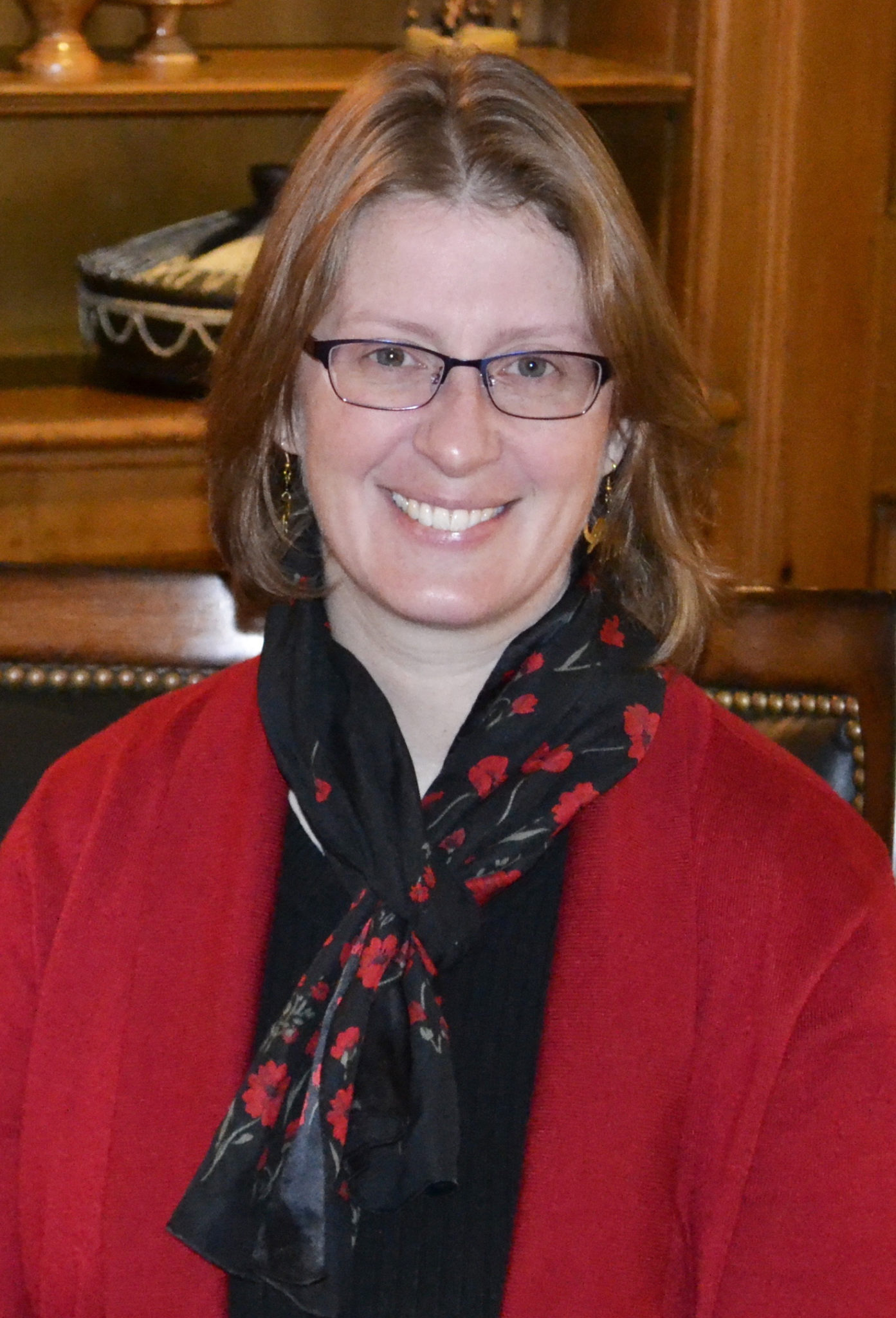
Yale News
Global affairs professor Catherine Panter-Brick will replace the current Director of the Global Health Studies Multidisciplinary Academic Program Kristina Talbert-Slagle in summer 2020, said Jim Levinsohn, who is the director of the Jackson Institute for Global Affairs.
Levinsohn and Dean of Yale College Marvin Chun announced Talbert-Slagle’s plans to step down from the post on Wednesday. Panter-Brick told the News that the GHS MAP’s current team of faculty and postdoctoral associates have created a “truly awesome” program.
“I’ve been on the program’s advisory committee for some years now, alongside other global health-related faculty, so I’m happy to help with leadership,” said Panter-Brick, who serves as head of Morse College. “I love the multidisciplinary nature of the Global Health Studies program.”
According to Talbert-Slagle, she initially considered stepping down when ex-faculty director Betsy Bradley left the post to become president of Vassar College in 2017. But she remained in her position to redesign the GHS curriculum, she said. Talbert-Slagle added that she now feels comfortable leaving the post, given that her team has made significant progress in revamping the curriculum and hiring new faculty.
“Since the Yale College Global Health Studies program is again facing transition and change, I took the opportunity to reflect on those proposed changes, as well as my own research and teaching, and decided it was time for me to step aside from the Program Director role,” Talbert-Slagle told the News in an email.
GHS is one of four Multidisciplinary Academic Programs offered at Yale, alongside the Education Studies, Human Rights Studies and Energy Studies programs. According to the GHS website, scholars take courses across disciplines that span “biological, cultural, economic, historical, political and social issues relevant to global health.”
GHS cohorts include roughly 20 students per grade level. Scholars are generally selected during the fall of their sophomore year.
The program is no stranger to changes. In the past, it has required scholars to undertake summer fieldwork or internships — for which they could apply for funding. However, as of 2019, scholars are no longer required to spend their summers on projects, though funding is still available if they choose to do so.
Panter-Brick told the News that GHS will continue to evolve as she officially becomes director.
“There will be some changes going forward to allow the program to grow in size at … Jackson,” Panter-Brick told the News. “I met with some of the current Global Health Scholars yesterday, who said they would like to help with developing connections across the University, particularly with the professional schools of nursing, medicine and public health. That’s very good news to me because I like partnerships with students and collaborations across Yale.”
The changes within the GHS program come at a time of evolution for the Jackson Institute, which will transition into the Jackson School of Global Affairs in 2022. The plans to convert the Institute into a school came after years of deliberations, which began in 2009 after a $50 million donation by John Jackson ’67 and his wife Susan established the Institute.
Talbert-Slagle received her bachelor’s degrees from the University of Kentucky and her doctorate from Yale University.
Valerie Pavilonis | valerie.pavilonis@yale.edu







